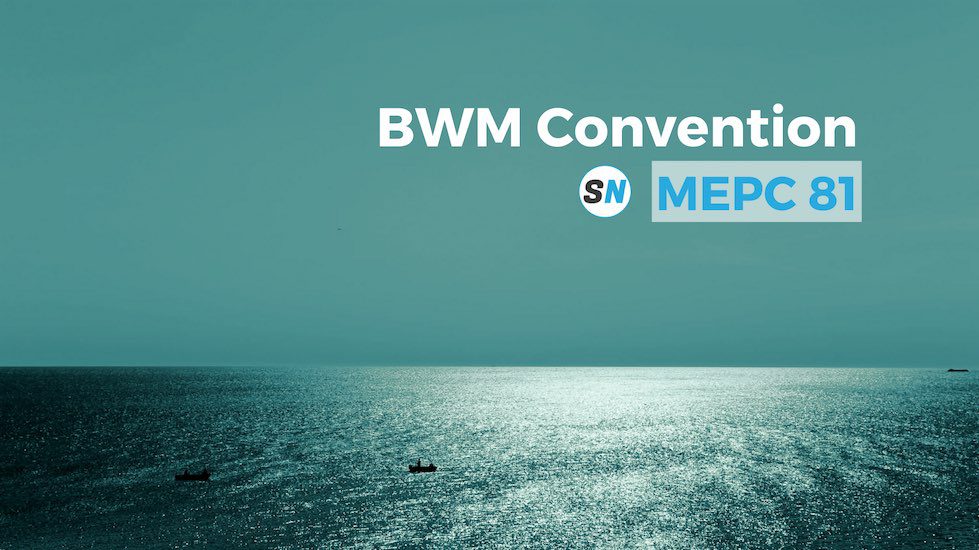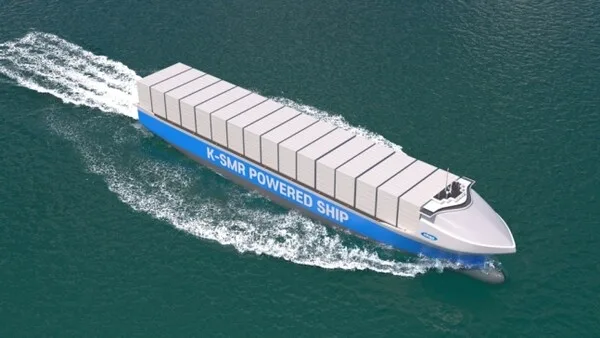28 April 2024
MEPC 80: The US expects to see new outcomes
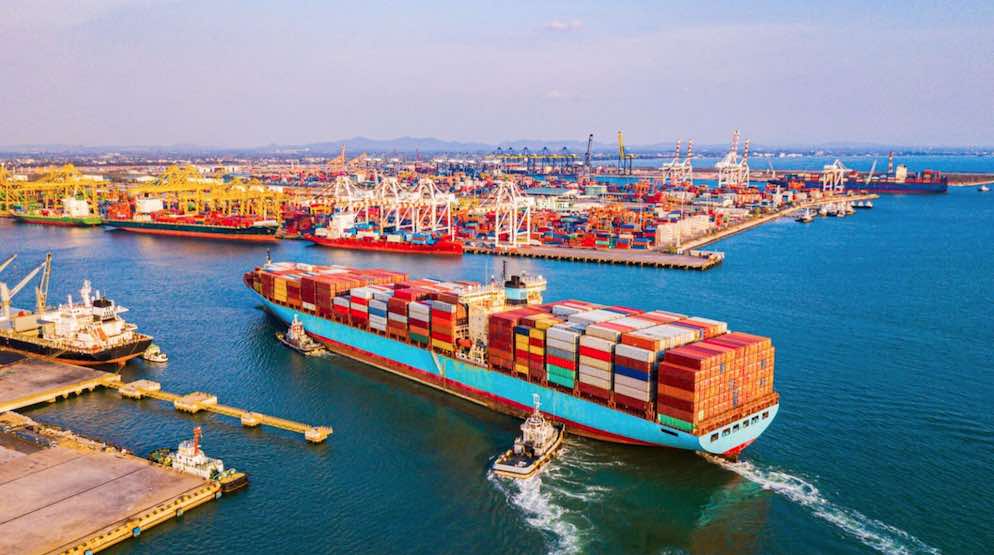
Ahead of next month’s crunch talks at the 80th gathering of the Marine Environment Protection Committee (MEPC) at the headquarters of the International Maritime Organization (IMO), the US has weighed in, suggesting that it is a key moment for green shipping. Hence, giving member states a clear view of what Washington DC would like to see in terms of outcomes.
Table of Contents
Concept
The temperature goal of the Paris Agreement includes pursuing efforts to limit the global average temperature rise to 1.5 degrees C above pre-industrial levels. As the Parties to the Agreement recognized in the Glasgow Climate Pact, achieving this goal “requires rapid, deep, and sustained reductions in global greenhouse gas emissions.”
Emissions from international shipping, however, are currently significant and rising – roughly equivalent to emissions from an economy the size of Germany or Japan. Looking ahead, they are projected to increase as much as 130% from 2008 levels by 2050.
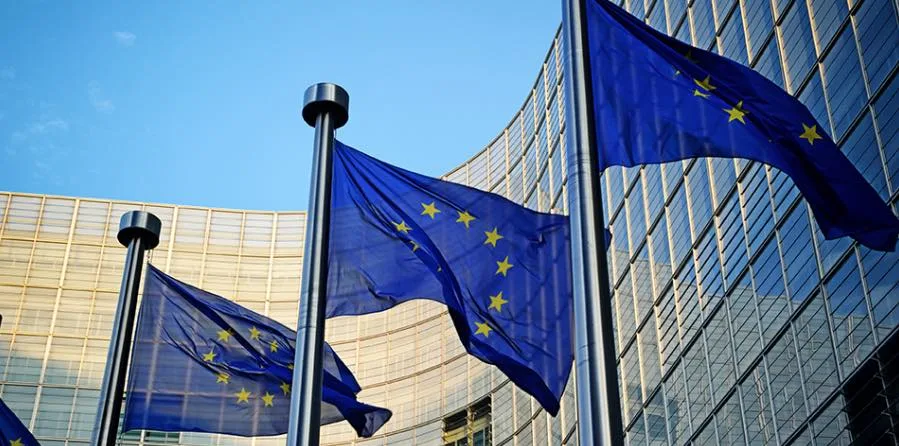
Shipping EU ETS new provisional agreement from 2024
The European Union Council and Parliament have reached a provisional deal to include shipping in the EU emissions trading system (EU-ETS).
Ship Nerd
“It is a key moment to signal that international shipping is part of the clean energy future.”
Sue Biniaz, U.S. Deputy Special Envoy for Climate
This July, countries will convene in London for the 80th meeting of the Marine Environment Protection Committee (MEPC) of the International Maritime Organization (IMO) to adopt a new greenhouse gas strategy for international green shipping (the “Revised Strategy”). It is a key moment to create emissions reduction targets for the sector that align with the 1.5-degree goal.
Here are three key issues to be considered at the IMO MEPC 80 this July:
Long-term Goal
The long-term goal of the current IMO MEPC greenhouse gas strategy – which includes reducing total annual greenhouse gas emissions by at least 50% by 2050 compared to 2008 – is insufficiently ambitious. The United States, therefore, has proposed the inclusion of a more ambitious goal – specifically, zero emissions from international shipping no later than 2050 – in the Revised Strategy. Studies show that such a goal is feasible if urgent action is taken this decade.
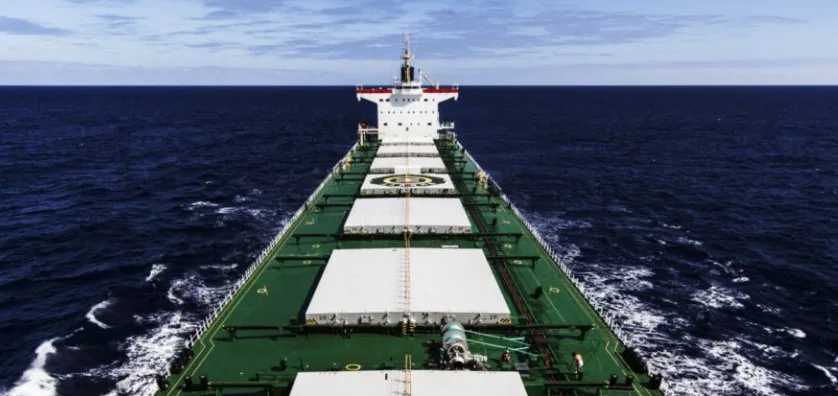
Multi-fuel future with 3 or more types simultaneously
A survey suggests a multi-fuel future for the maritime industry on the path to shipping’s decarbonization and zero emissions through 2050.
Ship Nerd
Interim Milestones
A long-term target alone does not guarantee an emissions trajectory that is aligned with the 1.5-degree goal. The United States, therefore, has supported the adoption of interim goals, such as reducing total annual greenhouse gas emissions from the sector by at least 37% by 2030. This goal is achievable if most ships introduce what are already best-practice operational efficiencies and if even just 5% of the world’s fleet by energy volume adopts zero-emission fuels and technologies – leaving time to scale up broader adoption by 2040. The US also has proposed to complement emissions reduction goals with a goal to increase energy consumption from zero- or near-zero emission fuels, given that the fuel transition is key to fully decarbonizing the sector.
Mid-Term Measures
Including 1.5-aligned emissions reduction goals in the Revised Strategy is essential to set the direction of travel toward a zero-emission international green shipping sector. Yet it is also essential to create the measures that will help achieve these goals. The United States supports further progress in the IMO MEPC on developing mid-term measures, including a greenhouse gas fuel standard. An economic measure such as a maritime emissions pricing mechanism could complement this standard.
There is increasing demand from non-state actors for the transition to green shipping. Initiatives from companies, shippers, insurers, and ports continue to grow. Yet voluntary measures and investments by “first movers” will not – and should not be expected to – decarbonize the sector alone. It is vital for governments to signal this July that the maritime sector is part of the clean energy future.
Source: U.S. Department of State
See Also
What are the new amendments and GHG strategy that resulted from the IMO MEPC 79? This is everything you need to know.
The 79th session of the IMO’s Marine Environment Protection Committee (MEPC 79) took place from 12 to 16 December 2022. Highlights include the adoption of a Sulphur Emission Control Area (SECA) in the Mediterranean Sea from 1 July 2025. Additionally, further discussions on the revision of the IMO GHG Strategy scheduled for 2023 and future technical and market-based measures.

MEPC 79 – New amendments & IMO GHG Strategy
What are the new amendments and GHG strategy that resulted from the IMO MEPC 79? This is everything you need to know.

